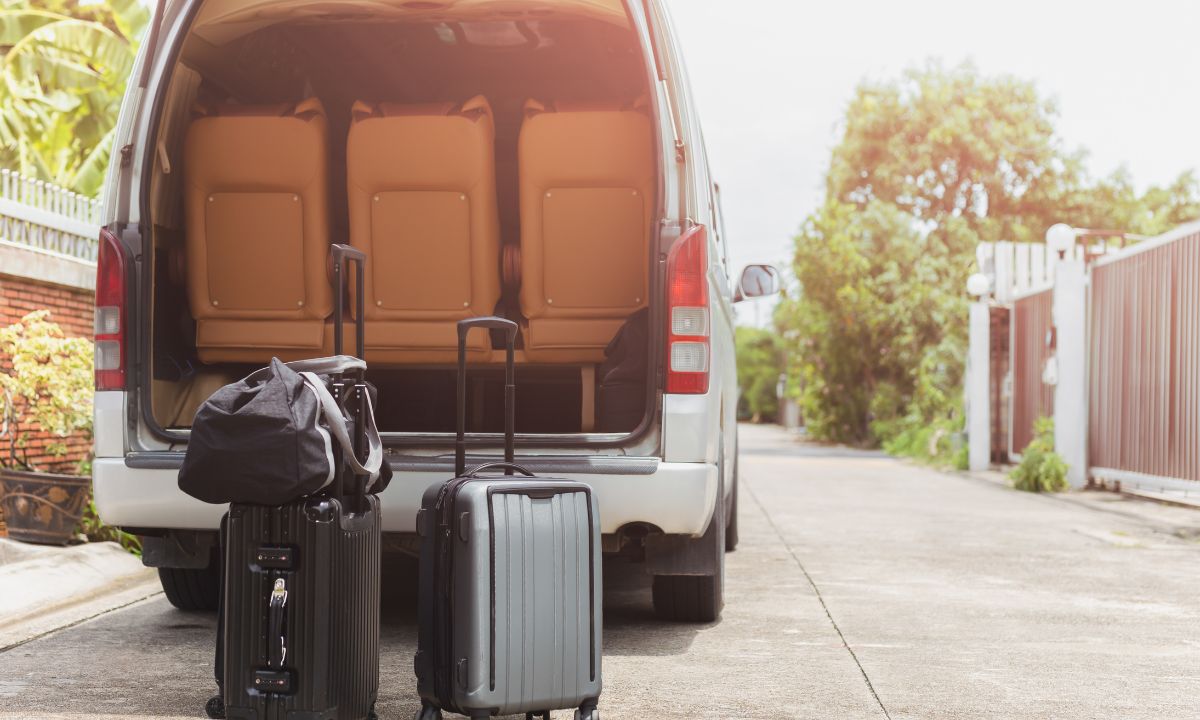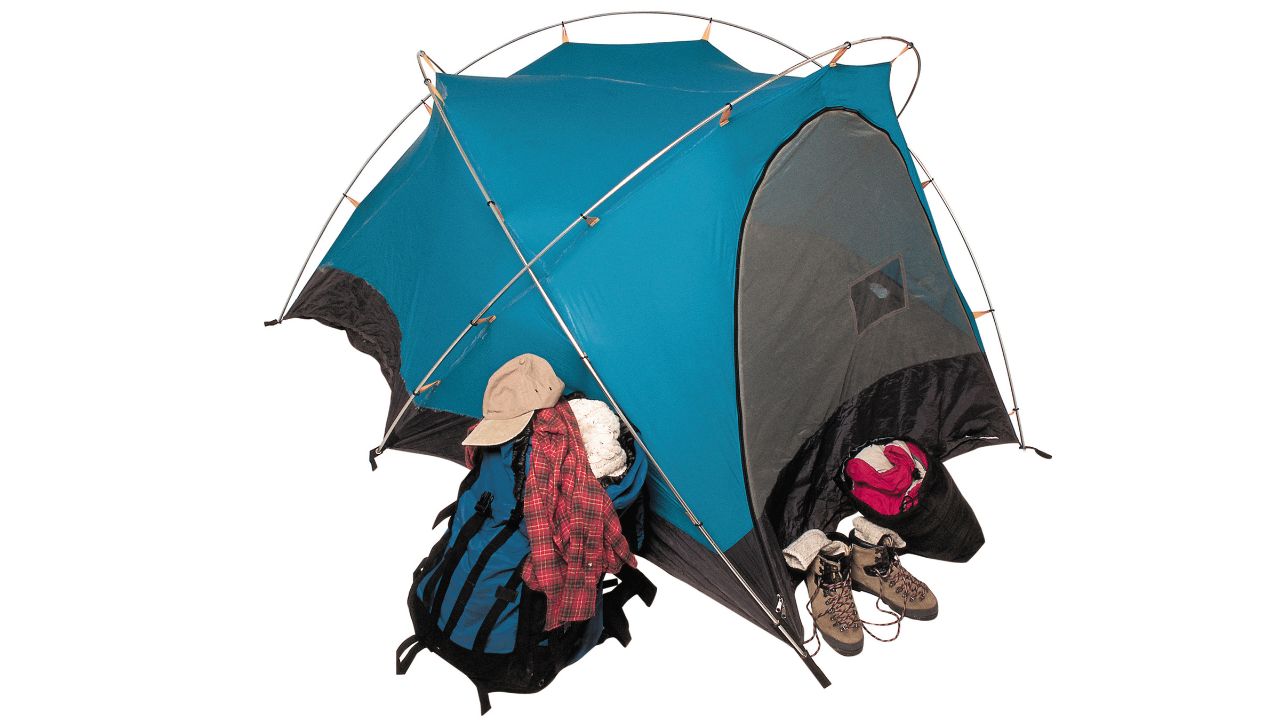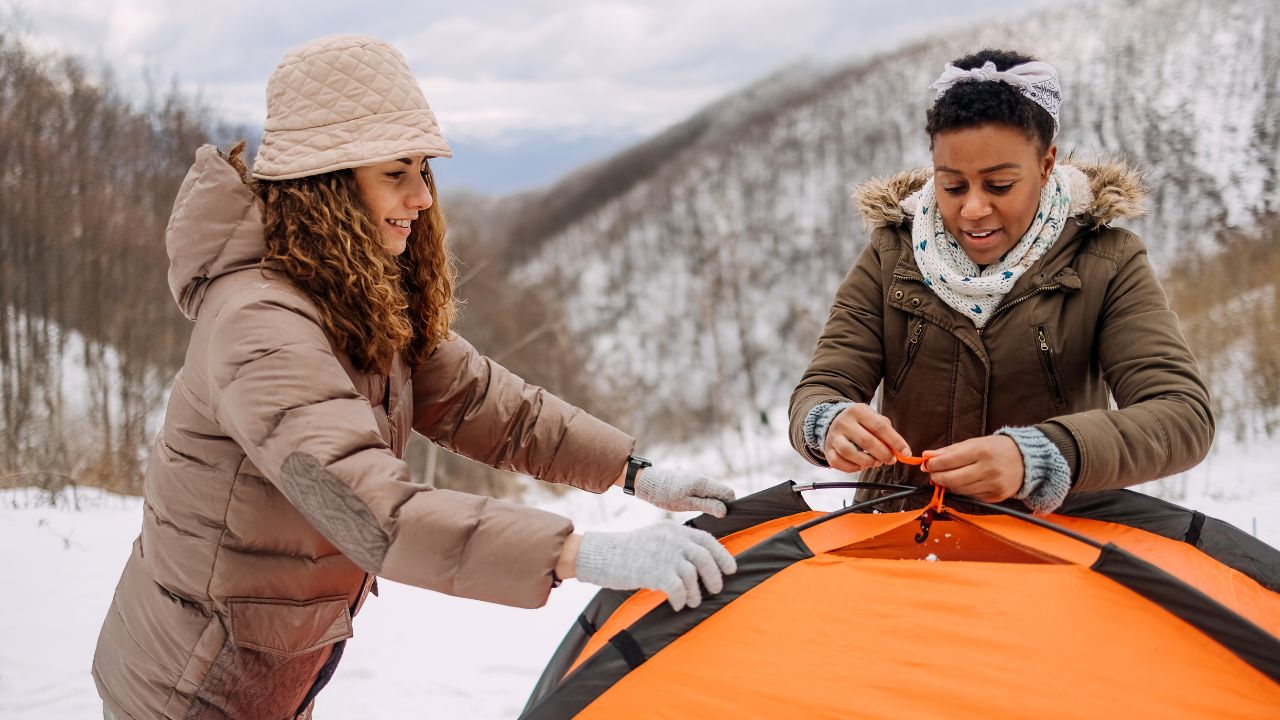Traveling can be one of life’s greatest joys. It opens our eyes to new cultures, landscapes, and experiences. But even seasoned travelers can make mistakes that turn a dream vacation into a nightmare. From overpacking to underplanning, these errors can cost you time, money, and peace of mind.
In this comprehensive guide, we’ll explore the top 10 travel mistakes to avoid. Whether you’re a first-time traveler or a globetrotting expert, these insights will help ensure your next adventure is smooth, enjoyable, and unforgettable—for all the right reasons.
1. Overpacking
One of the most common travel mistakes is packing too much. It’s tempting to prepare for every possible scenario, but overpacking can lead to several problems:
- Extra baggage fees: Many airlines charge hefty fees for overweight or extra bags.
- Mobility issues: Lugging around heavy suitcases can be exhausting and may limit your ability to use public transportation or walk comfortably.
- Less room for souvenirs: Overpacked bags leave little space for items you might want to bring back from your trip.
How to avoid overpacking:
- Make a packing list: Start by listing essential items. This helps prevent last-minute panic packing.
- Apply the 5, 4, 3, 2, 1 rule when packing. We recommend packing no more than for a one-week trip.
- 5 sets of socks and underwear
- 4 tops
- 3 bottoms
- 2 pairs of shoes
- 1 hat
- Choose versatile clothing: Store items that you can mix and match to create a variety of outfits.
- Roll your clothes: This packing technique saves space and reduces wrinkles.
- Use packing cubes: These help organize your suitcase and compress clothes.
- Check the weather: Pack appropriate clothing for your destination’s climate to avoid unnecessary items.
- Plan to do laundry: For longer trips, consider washing clothes instead of packing more.
Remember, most destinations have stores where you can buy anything you’ve forgotten. Pack light and enjoy the freedom it brings to your travels.
2. Ignoring Travel Insurance
Many travelers skip travel insurance to save money, but this can be a costly mistake. Travel insurance provides protection against various unforeseen events.
- Trip cancellation or interruption
- Medical emergencies
- Lost or delayed baggage
- Flight delays or cancellations
According to a 2021 survey by Berkshire Hathaway Travel Protection, only 38% of travelers always or often purchase travel insurance. This leaves a significant number of people vulnerable to financial losses and stress during their trips.
Why travel insurance matters:
- Medical coverage: Your regular health insurance may not cover you abroad. Medical emergencies can be extremely expensive in foreign countries.
- Trip cancellation protection: If you need to cancel your trip due to illness, job loss, or other covered reasons, travel insurance can reimburse your non-refundable expenses.
- Baggage protection: If your luggage is lost, stolen, or delayed, travel insurance can provide compensation for essential items.
- Emergency assistance: Many travel insurance policies offer 24/7 emergency assistance services, which can be invaluable in unfamiliar surroundings.
How to choose the right travel insurance:
- Assess your needs: Factors such as trip cost, destination, planned activities, and health should be taken into account.
- Compare policies: Look at coverage limits, deductibles, and exclusions.
- Read the fine print: Understand what is and isn’t covered before purchasing.
- Consider annual policies: If you travel frequently, an annual policy may be more cost-effective.
While travel insurance adds to your trip cost, it can save you thousands of dollars and countless headaches if something goes wrong. It’s a small price to pay for peace of mind.
3. Not checking visa requirements
Failing to research and obtain necessary visas is a mistake that can derail your entire trip before it even begins. Visa requirements vary widely depending on your nationality and destination. Certain nationalities can enter certain countries visa-free or visa-on-arrival, while others necessitate obtaining visas beforehand.
Consequences of not checking visa requirements:
- Denied boarding: Airlines may refuse to let you board your flight if you don’t have the proper visa.
- Deportation: Once you reach your destination, they may send you back home.
- Fines: Some countries impose hefty fines for attempting to enter without the correct visa.
- Wasted time and money: You may have to cancel or postpone your trip, losing non-refundable bookings.
How to avoid visa-related issues:
- Research early: Check visa requirements as soon as you start planning your trip. The U.S. Department of State’s website (travel.state.gov) is a useful resource for American travelers.
- Verify information: Double-check the requirements with your destination country’s embassy or consulate. Official government websites are the most reliable sources.
- Consider processing time: Some visas can take weeks or even months to process. Apply well in advance of your travel dates.
- Check validity: Ensure your passport is valid for at least six months beyond your planned return date, as many countries require this.
- Look into multi-entry visas: If you plan to visit multiple countries or re-enter a country, you may need a multi-entry visa.
- Use reputable visa services: If the application process seems complicated, consider using a reputable visa service company to assist you.
- Keep copies: Make both digital and physical copies of your visa and other important documents.
- Stay updated: Visa requirements can change. Despite having visited the country before, keep an eye out for updates closer to your trip.
In 2022, the World Tourism Organization recorded approximately 1.4 billion international tourist arrivals worldwide. With so many people crossing borders, understanding and complying with visa requirements is crucial for smooth international travel.
4. Booking tight connections
In the rush to reach a destination or save money, travelers often book flights with tight connections. This can lead to missed flights, lost luggage, and unnecessary stress.
Tight connections pose risks:
- Missed flights: Delays in your first flight can cause you to miss your connecting flight.
- Lost luggage: Your bags may not have enough time to make the connection.
- Stress and fatigue: Running through airports can be exhausting and stressful.
- Additional costs: Rebooking fees and unexpected overnight stays can be expensive.
The U.S. Bureau of Transportation Statistics reports that in 2022, approximately 20% of flights experienced delays of 15 minutes or more. This highlights the importance of building buffer time into your travel plans.
How to avoid connection problems:
- Allow ample connection time: Book flights with at least a 2-hour layover for domestic flights and 3 hours for international flights.
- Consider airport size: Large airports may require more time to navigate between gates.
- Check the minimum connection times: Airlines publish these for each airport. Use them as a starting point, not a target.
- Book with the same airline: This increases the chances of your bags making the connection and may provide more support if issues arise.
- Steer clear of booking the last flight of the day, as missing your connection could leave you stranded overnight.
- Use airline apps: These can provide real-time updates on gate changes and delays.
- Include essentials in your carry-on in case your luggage doesn’t connect.
Remember, a slightly longer layover is a small price to pay for a more relaxed and reliable travel experience.
Read More: Travel Is Good for the Soul
5. Forgetting to Notify Your Bank
Using your credit or debit card abroad without notifying your bank can lead to declined transactions and frozen accounts. When they see foreign transactions, banks may suspect fraudulent activity and block your card as a precaution.
Consequences of not notifying your bank:
- Declined transactions: You might encounter a decline when attempting to make purchases.
- Frozen accounts: To prevent potential fraud, banks may freeze your account.
- Difficult communication: Contacting your bank from abroad can be challenging and expensive.
- Stress and inconvenience: Being unable to access your funds can ruin your travel experience.
A survey by CompareCards found that 33% of Americans have had at least one credit card declined while traveling abroad.
How to avoid bank-related issues:
- Notify your bank: Inform your bank and credit card companies of your travel dates and destinations before you leave.
- Use online banking tools: Many banks allow you to set travel notices through their website or mobile app.
- Carry multiple cards: If one is declined, have at least two different cards from different banks.
- Know your PIN: In some countries, a PIN is required for credit card transactions.
- Check card expiration dates: Ensure your cards won’t expire during your trip.
- Save emergency contact numbers: Keep your banks’ international customer service numbers handy.
- Consider getting a travel-specific credit card: Some cards provide no foreign transaction fees or other travel perks.
- Use secure Wi-Fi: When checking your accounts online, always use secure, private internet connections.
By taking these precautions, you can ensure uninterrupted access to your funds and avoid the stress of dealing with financial issues while abroad.
6. Not Learning Basic Local Phrases
Despite the fact that many tourist destinations speak English, failing to make an effort to learn a few basic phrases in the local tongue can result in communication problems and missed cultural experiences.
Why learning local phrases matters:
- Shows respect: Locals appreciate visitors who make an effort to speak their language.
- Enhances experiences: Basic language skills can lead to more authentic interactions.
- Navigate emergencies: Knowing key phrases can be critical in urgent situations.
- Avoids misunderstandings: Basic language knowledge can prevent cultural faux pas.
A study by the British Council found that 75% of people in non-English-speaking countries prefer to buy products with information in their own language, highlighting the importance of linguistic adaptability.
Essential phrases to learn:
- Hello/Goodbye
- Please/Thank you
- Yes/No
- Excuse me
- Do you speak English?
- I don’t understand
- Where is the bathroom?
- Numbers 1-10
- Help!
How to learn basic phrases:
- Use language learning apps: Tools like Duolingo or Babbel offer quick, simple lessons.
- Carry a phrasebook: A small phrasebook or language app can be invaluable.
- Practice pronunciation: Listen to native speakers and try to mimic their accent.
- Learn cultural context: Understand when and how to use phrases appropriately.
- Use language exchange websites: Practice with native speakers before your trip.
- Watch local movies or TV shows: This can help with pronunciation and cultural understanding.
- Take a basic language class: Consider a short course if you’re visiting for an extended period.
Remember, even if you make mistakes, most locals will appreciate your effort to speak their language. It’s a sign of respect and interest in their culture, which can lead to richer travel experiences.
7. Overscheduling Your Itinerary
In the excitement of planning a trip, it’s simple to fall into the trap of trying to see and do everything. However, overscheduling can lead to exhaustion, stress, and a less enjoyable travel experience overall.
Consequences of overscheduling:
- Exhaustion: Constantly rushing from one activity to another can be physically and mentally draining.
- Missed experiences: Tight schedules leave no room for spontaneous discoveries or unexpected opportunities.
- Increased stress: worrying about making it to the next activity on time can detract from enjoying the present moment.
- Less authentic experiences: Overscheduling often means spending less time in each place, resulting in a more superficial understanding of the destination.
A survey by Skyscanner found that 55% of travelers feel pressured to do as much as possible during their trips, often leading to stress and burnout.
How to create a balanced itinerary:
- Prioritize activities: Make a list of must-see attractions and experiences, then build your schedule around these.
- Allow for downtime: Schedule free time each day for relaxation, spontaneous exploration, or unexpected discoveries.
- Factor in travel time: Be realistic about how long it takes to get from one place to another, including potential delays.
- Embrace the “slow travel” concept: Spend more time in fewer places for a deeper, more meaningful experience.
- Be flexible: Leave room in your schedule to adapt to weather changes, local events, or personal preferences.
- Use the “rule of thirds”: Divide your trip into thirds: one-third for major attractions, one-third for pre-planned activities, and one-third for spontaneous exploration.
- Consider the local rhythm: Align your schedule with local customs, such as siesta times in Spain or early closing hours in smaller towns.
Remember, the goal of travel is not just to check items off a list but to immerse yourself in new experiences and cultures. A well-paced itinerary allows for this immersion and creates lasting memories.
8. Neglecting to Research Local Customs
Failing to understand and respect local customs can lead to uncomfortable situations, unintentional offenses, and even legal issues in some cases. Every culture has its own set of norms and expectations, and being aware of these can greatly enhance your travel experience.
The importance of understanding local customs:
- Shows respect: Demonstrating awareness of local customs shows respect for the host culture.
- Avoid offense: Certain gestures or behaviors that are innocent in your culture may be offensive to others.
- Enhances safety: Understanding local laws and customs can help you avoid dangerous situations or legal troubles.
- Enriches experiences: Understanding local customs can lead to more meaningful interactions with the locals.
A study by Booking.com found that 52% of global travelers feel it’s important to familiarize themselves with the culture and language of the country they’re visiting before they go.
Key areas to research:
- Greetings: Learn appropriate ways to greet people in a variety of situations.
- Dress codes: Understand what’s considered appropriate attire, especially for religious sites.
- Dining etiquette: Learn local table manners and tipping customs.
- Religious practices: Be aware of local religious customs and holy days.
- Photography rules: Know where and when it’s appropriate to take photos.
- Gestures: Some common gestures in your culture may be offensive elsewhere.
- Public behavior: Understand the norms for public displays of affection, volume levels, and general conduct.
How to research local customs:
- Read guidebooks: Look for sections on local customs and etiquette.
- Use online resources: Websites like Culture Crossing and Commisceo Global offer country-specific cultural information.
- Watch travel vlogs: Many YouTubers share insights on local customs in their travel videos.
- Talk to locals or expats: Use social media or forums to connect with people familiar with your destination.
- Take a cultural awareness course: Consider online courses that focus on cross-cultural communication.
By taking the time to understand and respect local customs, you’ll not only avoid potential pitfalls but also open yourself up to richer, more authentic travel experiences.
9. Failing to make copies of important documents
Losing important documents like passports, visas, or driver’s licenses can quickly turn a dream vacation into a nightmare. Failing to make copies of these documents can compound the problem, making it much more difficult to replace lost items or prove your identity.
Risks of not having document copies:
- Identity verification can be difficult if you don’t have copies or if you lose the originals.
- Delayed replacement: Replacing lost documents, without copies for reference, can take longer.
- Travel disruptions: Lost documents without backups can lead to missed flights or an inability to check into hotels.
- Stress increases: When there are no copies, the fear of losing documents intensifies.
According to the U.S. Department of State, more than 300,000 American passports are lost or stolen abroad each year, highlighting the importance of having backups.
Essential documents to copy:
- Passport
- Visa
- Driver’s license
- Travel insurance policy
- Credit cards (front and back)
- Travel itinerary and tickets
- Medical prescriptions and health information
How to safely store document copies:
- Make physical copies: Keep a set of photocopies separate from your originals.
- Create digital copies: Scan documents and store them securely in the cloud (e.g., Google Drive, Dropbox).
- Email copies to yourself: Send scanned documents to your email for quick access.
- Use a secure password manager. Some password managers allow secure document storage.
- Share with a trusted contact: Leave a set of copies with a family member or friend at home.
- Utilize a travel document organizer: Keep physical copies organized and easily accessible.
- Encrypt digital files: Use encryption software to increase the security of digital copies.
- Take photos: Use your smartphone to take clear pictures of important documents as a quick backup.
Remember, to prevent identity theft, treat copies with the same care as originals, despite their crucial nature. Always store them securely, and avoid keeping all copies in the same place.
By taking these precautions, you’ll be better prepared to handle the loss of important documents, potentially saving yourself significant time, money, and stress during your travels.
10. Relying solely on credit cards
While credit cards offer convenience and security, relying exclusively on them for travel can lead to unexpected problems. Many travelers make the mistake of not carrying any cash, assuming they can use their cards everywhere.
Risks of relying solely on credit cards:
- Card acceptance issues: Not all places, especially small businesses or remote areas, accept credit cards.
- Technical problems: Card readers can malfunction, or network issues can prevent card transactions.
- Foreign transaction fees: Some cards charge a high fee for international transactions.
- Vulnerability to theft: Carrying only cards makes you vulnerable if they’re lost or stolen.
- Missing out on cash discounts: Some businesses offer discounts for cash payments.
According to a 2022 Federal Reserve study, cash still plays a significant role in payments, accounting for 20% of all transactions.
How to manage money wisely while traveling:
- Carry a mix of payment methods: Bring a combination of cash, credit cards, and debit cards.
- Inform your bank of travel plans: Notify your bank to avoid having your cards blocked due to suspicious activity.
- Research local currency: Before you travel, understand the local currency and exchange rates.
- Use ATMs strategically: Withdraw larger amounts less frequently to minimize fees.
- Consider a travel-friendly credit card: Look for cards with no foreign transaction fees and travel rewards.
- Use a money belt: Keep your cash and cards secure in a hidden money belt.
- Spread your money around: Don’t keep all your cash and cards in one place.
- Understand local tipping traditions: Some countries expect or prefer cash tips.
- Keep small denominations handy: for taxis, tips, and small purchases where cards might not be accepted.
- Use digital wallets: Services like Apple Pay or Google Wallet can be useful in many countries.
You can enjoy your trip with greater financial flexibility and security by diversifying your payment methods, thereby preparing for various scenarios.
Conclusion
Traveling is an enriching experience that broadens our horizons and creates lasting memories. However, common mistakes can turn a dream vacation into a stressful ordeal. By becoming aware of these top 10 travel mistakes and implementing strategies to avoid them, you can significantly enhance your travel experience.
Remember to pack light, invest in travel insurance, research visa requirements, and allow ample time for connections. Notify your bank of your travel plans, learn basic local phrases, and create a balanced itinerary that allows for spontaneity. Respect local customs, make copies of important documents, and carry a mix of payment methods.
These precautions may seem like extra work, but they’re investments in the quality of your trip. They can save you time, money, and stress, allowing you to focus on what really matters—immersing yourself in new experiences and cultures.
Travel is not just about the destinations we visit but also about the journey and the personal growth it brings. By avoiding these common pitfalls, you’re setting yourself up for smoother, more enjoyable adventures. So pack your bags (but not too much! ), prepare wisely, and set out to explore the world with confidence and excitement.
























